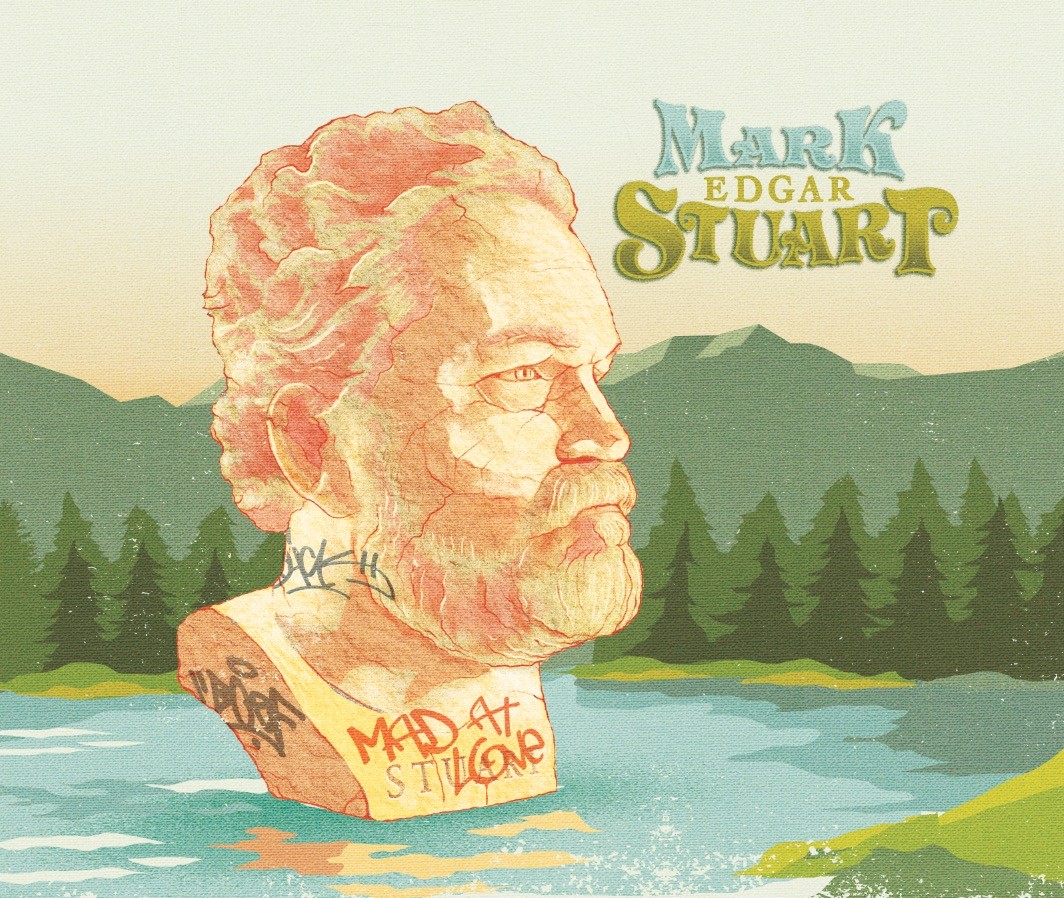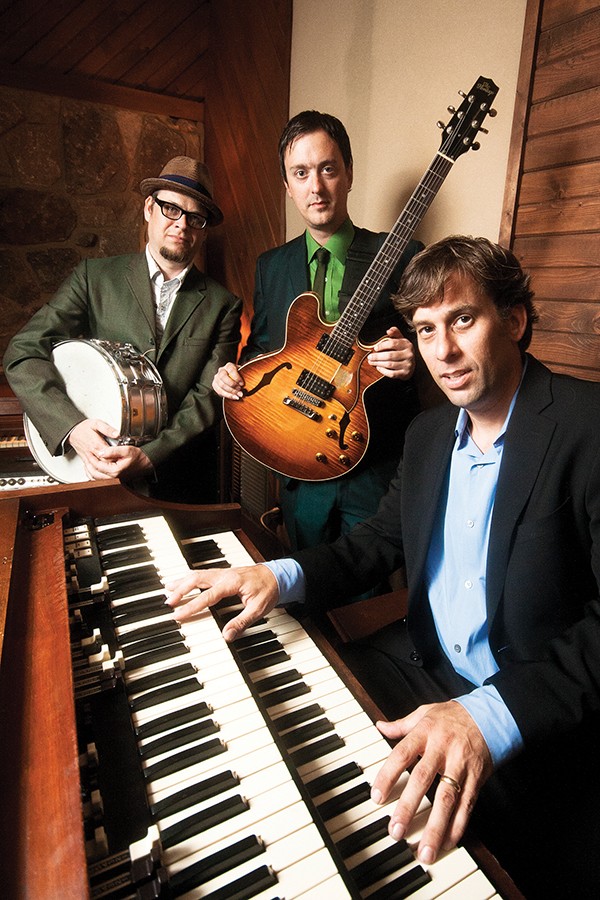I first encountered singer/songwriter John Kilzer’s name while recording at Ardent Studios over 30 years ago. He had just released a record on Geffen Records, Memory in the Making, produced by the late, great John Hampton. But I knew of him because a tiny plaque had been mounted above the couch in Studio B, with the words “Kilzer’s Spot.” When I mention it to Kilzer today, the air fills with his hearty laughter. “Yeah, it’s still there!” he says. “That’s so funny. I’m sure that little plaque has plenty of verdigris on it by now. It’s probably more green than copper.”
Since then, much more has changed than the plaque’s patina. After releasing another record on Geffen in 1991, Kilzer’s musical career took a 20-year hiatus, as he wrestled with deeper questions of faith and personal growth. “I was going through the ordination process and getting my Masters of Divinity at Memphis Theological Seminary. And then I went straight into the Ph.D program at Middlesex University in England. During that time, I didn’t have time to do much music. But when I got back here and was appointed to the recovery ministry [at St. John’s United Methodist Church], I realized that music was going to be a foundation of that. Resuming that interest naturally prompted me writing. And so the songs came out, and I did the one album, Seven, with Madjack Records.”

John Kilzer
That 2011 release, recorded with Hi Rhythm’s Hodges brothers (Teenie, Charles, and Leroy) came out just a year after Kilzer had begun The Way, a Friday evening ministry at St. John’s that carries on today, featuring some of the city’s best musicians. “Our premise is that everybody’s in recovery. Everybody has experienced trauma, and there’s something about music that just calls out of each person’s spirit, whatever it is that’s keeping them bound. Music is kind of the language of heaven. But we don’t do church music. We do a lot of my material and some gospel standards, but it’s not contemporary Christian music. It’s just good music. And if, say, Jim Spake’s gonna be there, naturally, I’m gonna pick something that would suit him, but it doesn’t matter. They’re all so good, they can play anything from Bach to Chuck Berry.”
A similar appreciation for quality musicianship permeates his discussion of his latest work, Scars, just released on Archer Records. “When you know you’re gonna have Steve Potts, Steve Selvidge, Rick Steff, Dave Smith, George Sluppick, and Matt Ross-Spang, you feel more comfortable. You trust yourself, and you trust those guys.”
Kilzer, who was a college literature instructor before his Geffen days, brings an expansive melodic and lyrical imagination to these songs, which could be about himself or any number of the souls attending The Way, driven more by character and circumstance than any obvious theology. “Some say time’s a riddle/I say time’s a freight train shimmering in the rain,” he sings, before describing scenes in Lawrence, Kansas. And the new songs, effortlessly blending the homespun with the philosophical, are given plenty of space to breathe.
“It’s so understated, and I think a lot of that is because we were cutting live. When you know that you’re live and that’s gonna be it, you don’t try to say so much. It’s like you honor the spaces between the notes. On Scars, I think there’s a lot of creative space in it. It’s not filled with any unneeded stuff.
“Another thing that’s different about it is, I wrote on different instruments. I wrote a couple on a mandolin, a couple on ukulele, and several on the piano. I would have never, ever considered doing that earlier in my career. So that kind of creative tension manifests in the songs. To be real nervous and have all these conflicting emotions, but knowing you’ve got sort of a protective shield around you in these musicians, I think that’s why there’s something on Scars that I can’t quite articulate. You can hear it, but you just don’t know what it is.”




